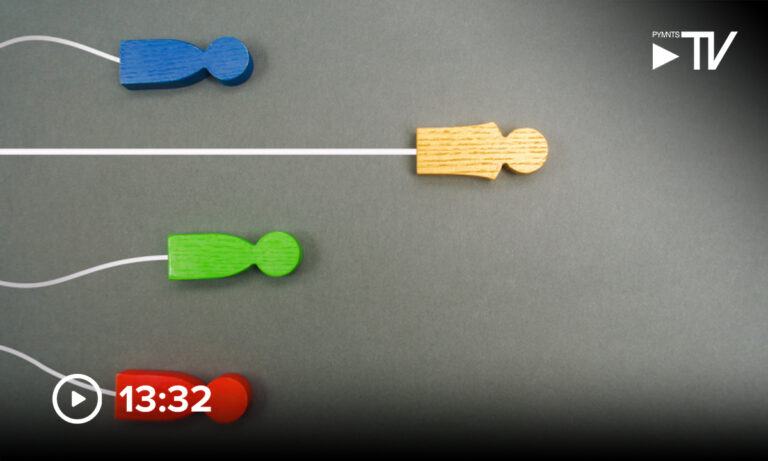Digital payments are growing in Latin America, and so are the needs of businesses. Mercado Libre and terra pay Rapidly develop digital banking and digital wallets in the region.
Brazil’s central bank instant payment mandate and infrastructure modernization have moved the needle to a point where the region is arguably on the path to digital transformation faster than anywhere else in the world.
PYMNTS Intelligence’s “Mechanism of global digitalization” report surveyed 67,000 consumers across 11 countries. The results showed that Brazil is far ahead of all countries, including the United States, in its digital efforts. Digging into the results, in 2023, 66.8% of Brazilians used mobile banking apps on their phones at least once a month, and 46.8% used these apps at least weekly.
Brazilian consumers are also accepting digital payments. According to the report, by 2023, two-thirds of Brazilian consumers will have a smartphone and 75% will have a debit card. In the same year, 77% of Brazilian consumers pixan instant payment app for mobile phones launched by the country’s central bank.
“After decades of the payments status quo, Latin America is undergoing a major transformation.” marcelo musariManaging Director and Head of Latin America Products bank of americahe told PYMNTS.
This transformation is being driven by the region’s two largest economies, Brazil and Mexico, which account for about two-thirds of Latin America’s total GDP, he said. Regulators in these countries have launched new payments initiatives aimed at modernizing their respective banking systems.
The top-down, command-driven approach focuses on fostering competition while reducing transaction costs, increasing transaction security, and promoting broader financial inclusion. Beyond the commonality of goals, the governments of Brazil and Mexico have adopted different approaches to achieving their goals.
Similar goals, different approaches
Brazil has also introduced the Pix real-time payments network. Mexico’s innovations include digital collection capabilities based on peer-to-peer (P2P) networks and QR code technology.
“In both countries, these innovations are improving speed, visibility and overall user experience,” Musari said.
Against this backdrop, the adoption of real-time rails and new payment methods has in some cases exceeded expectations, but strong greenfield opportunities still exist, he said.
As an example, in 2020, Pix’s first year, the network captured 16% of Brazil’s electronic payment volume. That number has recently increased to 40% this year. Mexico’s real-time payments network will grow by 6% year-on-year as measured in 2024, with 60 million people using the network, although the penetration of QR codes and P2P networks is slightly lower than originally expected.
But this trend is relentless. While some businesses may be hesitant to fully transition to these new payment methods and cling to traditional methods such as cash, over time they may find themselves in a situation where they can’t afford to pay in Mexico or Brazil without connecting to these rails. “It will be difficult to do business.” Musari said.
“If they don’t introduce new digital payment options, they will be missing out,” he says.
This is especially true for commercial payments, where suppliers increasingly demand real-time payments.
Asked by PYMNTS about how traditional financial institutions can help business customers embrace change, Musari said Bank of America has enabled customers to access QR codes. cash pro banking platform. A customer scans the code on a paper or electronic invoice and within seconds the platform retrieves the invoice details from the beneficiary bank and displays them for payment confirmation and confirmation.
“This will dramatically speed up the payment process,” Musari said, going beyond payments to suppliers and into the area of mandatory transactions that companies make, for example, for employee severance pay. He also said that it would also apply. This “helps eliminate bureaucracy in payment processing.”
The feature was so popular in Brazil that it is being considered for use in Europe, he said.
Musari said that in Brazil and Mexico, regulators initially drove innovation in financial services, but central banks are more connected to their respective markets and are working with banks and merchants to facilitate the transition to digital transactions. He said he is doing so. Cash withdrawals from banks plummeted to double digits. The shift to digital payments is particularly promising in Mexico. Cash is still tied up in 85% of all retail transactions in Mexico, especially those valued at less than $50.
“The effects of these changes are still being felt today,” Musali added.There is There’s no going back now. ”



